This well-research work on Islamic Architecture of Arabia, Central Asia and Iran is an updated encyclopaedia of its own kind being first of the three volumes set. It deals with the early concepts of islamic place of worship, and its evolution in terms of formation and its summation as a well-designed masjid and also that of other religious and also secular buildings like mausoleums, hospices, madrasas, palaces, forts, gardens, minars etc.
It deals with the concepts of Islamic Architecture and its evolution in terms of its perfection during the Mughal rule in medieval India as it was blended with subtleties of Iranian temperaments, delicacy in the dome, its high raised neck and use of Peshtaaq in the portals and facades, laying out of chahar-bagh gardens around etc. This work contains architectural features of the edifices which are considered among the most beautiful buildings of the world. Separate chapters have been drawn to depict varieties of styles and material used under different dynasties and houses of Seljuq, Ilkkan, Ottoman, Safavi and Timur.
A little touch of political history while describing the essence of architectural styles, and blending between different styles, males this book worth reading. Meticulously done plans, high resolution color photographs on glossy art paper and lucidity in the narrative are some of the charavteristics of this work.
Much has been written on Islamic Architecture but since the invention of modern gadgets od documentation and assistance of digitized photography and color printing the presentation in the field of art and architecture has made this work more eloquent.
Its is a good research tool for art lovers in general and those who have genuine interest in Islamic Architecture in particular. It will surely carve out a good recognition world over.

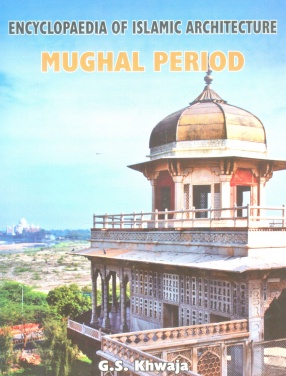
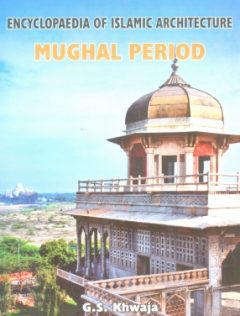
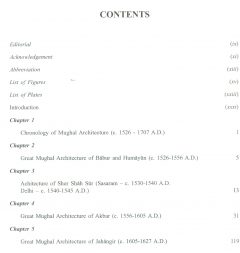
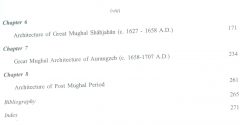
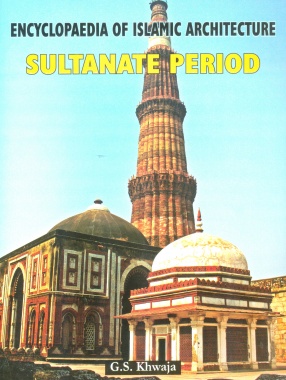
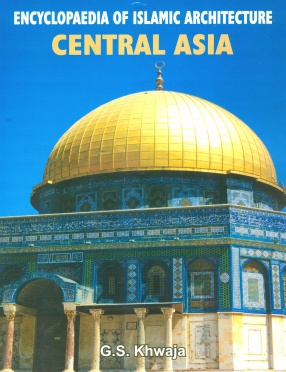

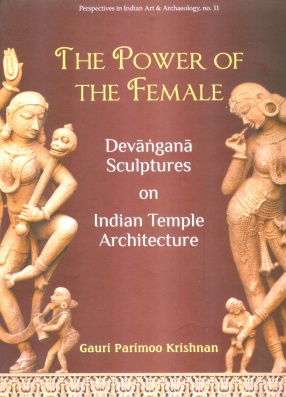
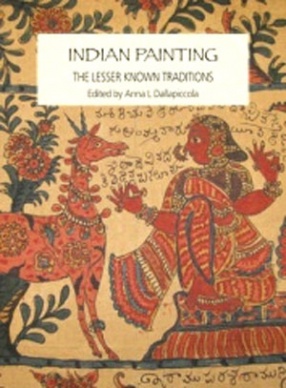
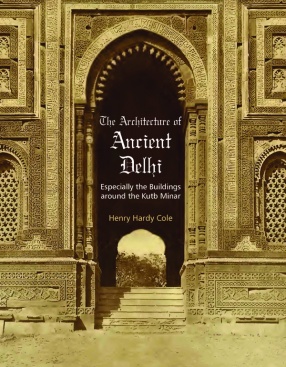
There are no reviews yet.